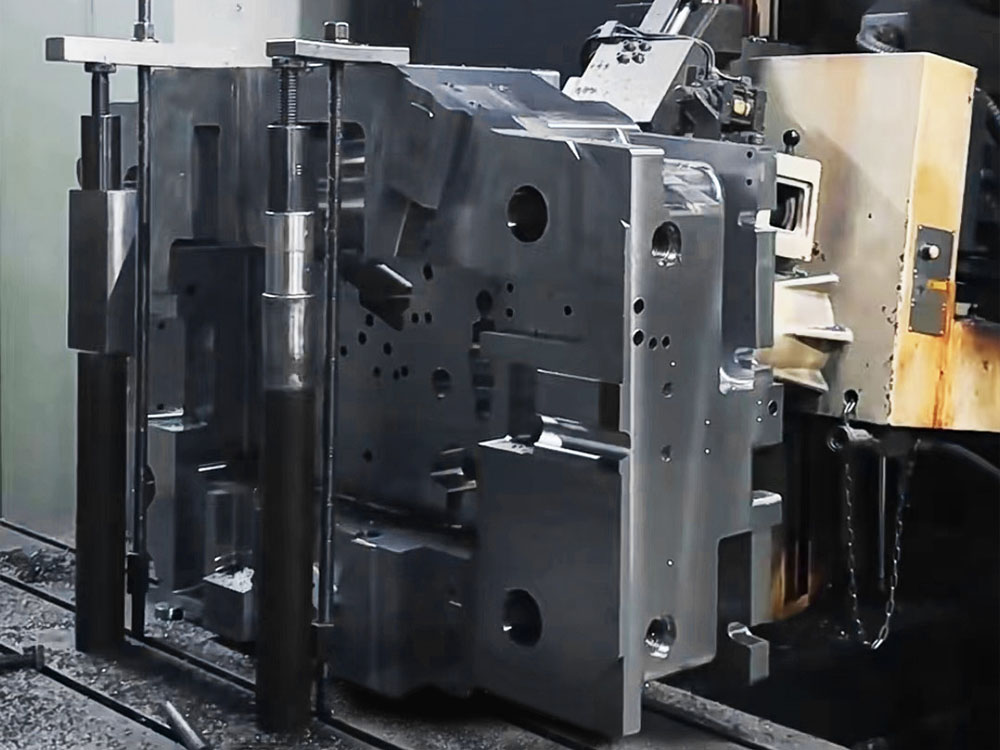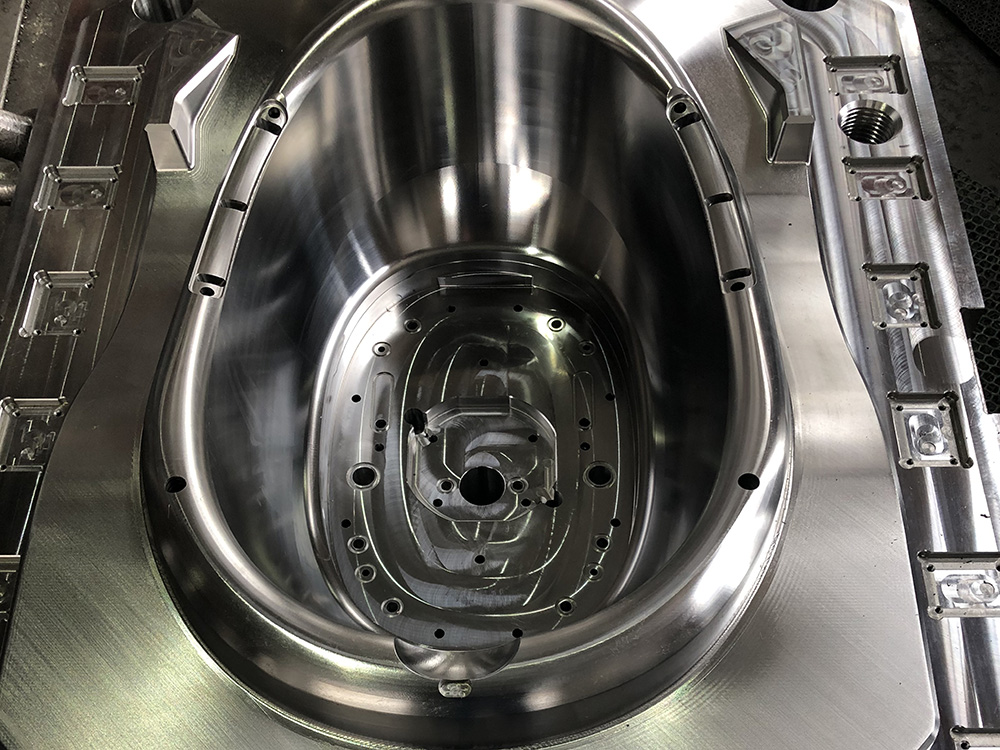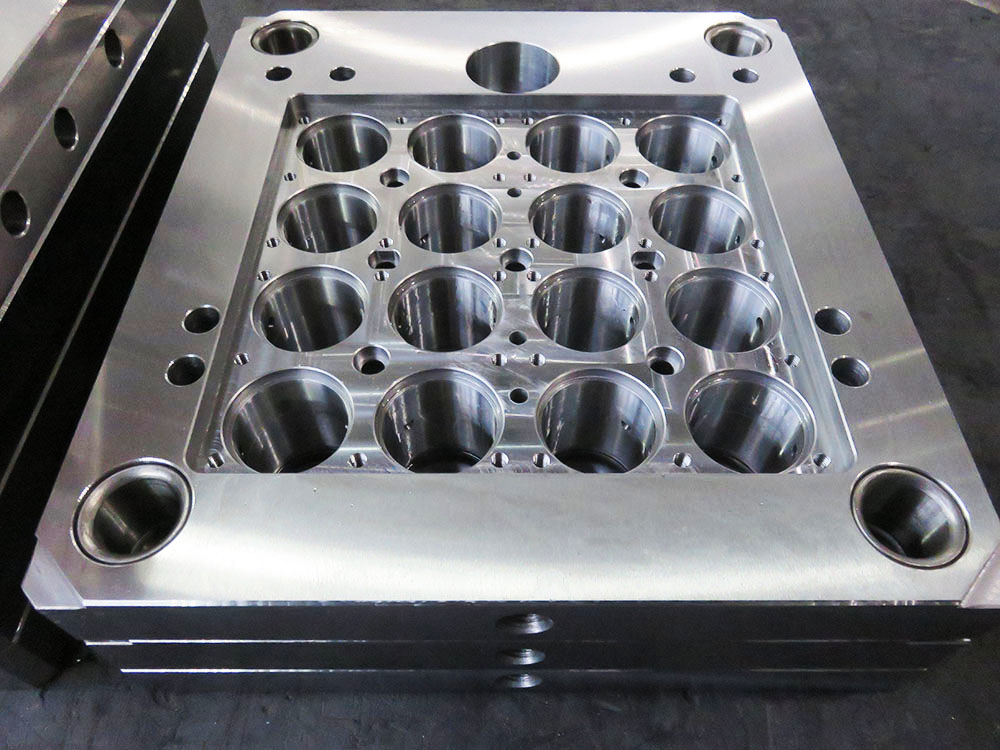Understanding the Concept of Modular Pull Bars in the Mold Base Industry
Modular pull bars are essential components in the mold base industry, allowing for efficient and precise operation during the injection molding process. These pull bars are designed to withstand high loads and forces while providing flexibility and customization options to meet the specific requirements of different mold designs. In this article, we will explore the concept of modular pull bars in detail, highlighting their significance and various applications in the industry.
The Importance of Modular Pull Bars in Mold Base Design
Modular pull bars play a vital role in enhancing the functionality and performance of mold bases. These bars are responsible for the actuation of core slides, cavity inserts, and other inserts during the ejection process. By incorporating modular pull bars into a mold base design, engineers can achieve precise movement and control, ensuring consistent and high-quality molded parts.
One of the key advantages of modular pull bars is their ability to accommodate different cavity sizes. This flexibility allows manufacturers to easily adjust the mold base for varying part geometries and sizes without the need for significant modifications or reinvestment in new tooling. This versatility reduces lead times and increases the overall efficiency of the manufacturing process.
Design Considerations for Modular Pull Bars
The design of modular pull bars should be carefully considered to ensure optimal performance. Factors such as material selection, bar thickness, and surface treatment can significantly impact the strength, durability, and ease of operation of these components.
Firstly, choosing the right material for the pull bars is crucial. High-strength alloys, such as hardened tool steels or aluminum bronze, are commonly used due to their excellent mechanical properties and resistance to wear and corrosion. The selected material should possess the necessary strength and toughness to withstand the operating conditions and forces experienced during the molding process.
Additionally, the thickness of the pull bars should be carefully determined to provide the required rigidity and load-bearing capacity. Thicker pull bars can handle higher loads, but they may also add unnecessary weight and restrict space within the mold base. Engineers must strike a balance between strength and weight to optimize performance.
Surface treatment also plays a significant role in the performance and longevity of modular pull bars. Coatings or treatments such as nitriding, chrome plating, or PVD coatings can be applied to improve wear resistance, reduce friction, and prevent corrosion. The selection of the appropriate surface treatment should consider the specific operating environment and requirements of the mold base.
Applications of Modular Pull Bars
Modular pull bars find applications in various industries where injection molding is utilized. These include automotive, medical, consumer goods, and electronics industries, among others. Here are some specific applications where modular pull bars are commonly employed:
1. Automotive Industry: Modular pull bars are used in the production of interior and exterior automotive components, such as door handles, dashboard parts, and trim pieces.
2. Medical Industry: Pull bars are utilized to produce medical devices and equipment, including syringes, inhalers, and implantable components.
3. Consumer Goods Industry: Modular pull bars enable the manufacture of consumer goods like toys, household appliances, and packaging materials.
4. Electronics Industry: These pull bars are essential for producing electronic components like connectors, switches, and housing parts for various electronic devices.
Conclusion
In conclusion, modular pull bars are critical components in the mold base industry, offering enhanced flexibility, precision, and customization to mold designs. The proper understanding and utilization of modular pull bars can significantly improve the efficiency, quality, and productivity of injection molding processes across various industries. By considering the design considerations and identifying suitable applications, manufacturers can harness the benefits of modular pull bars to stay competitive and meet the demands of their customers.




